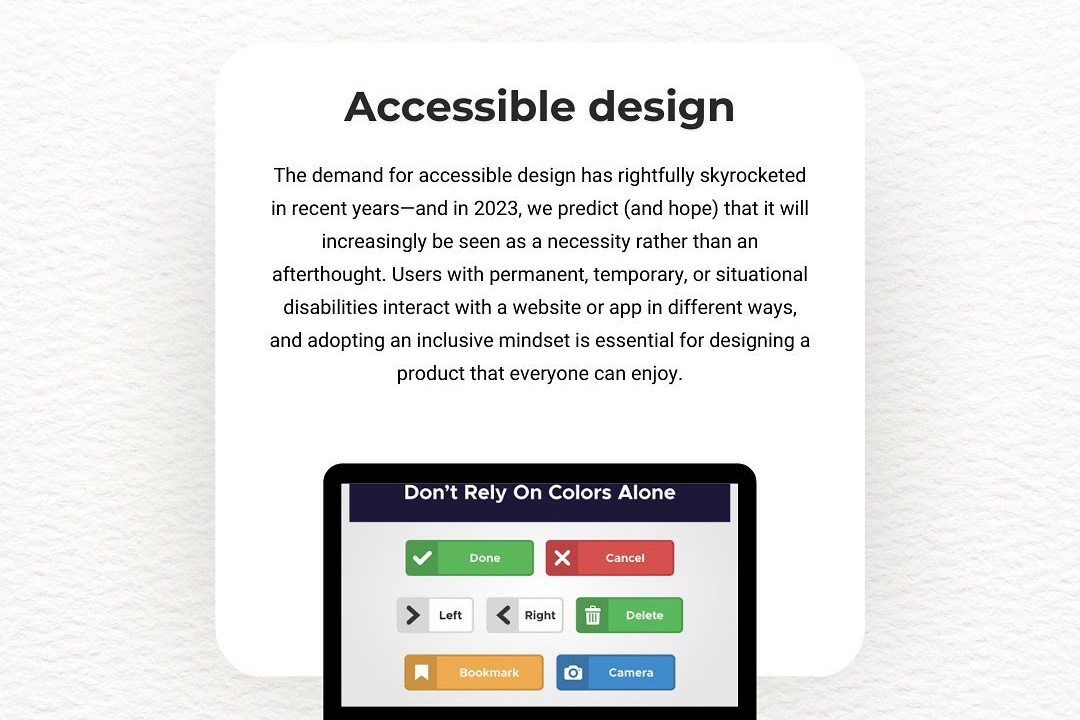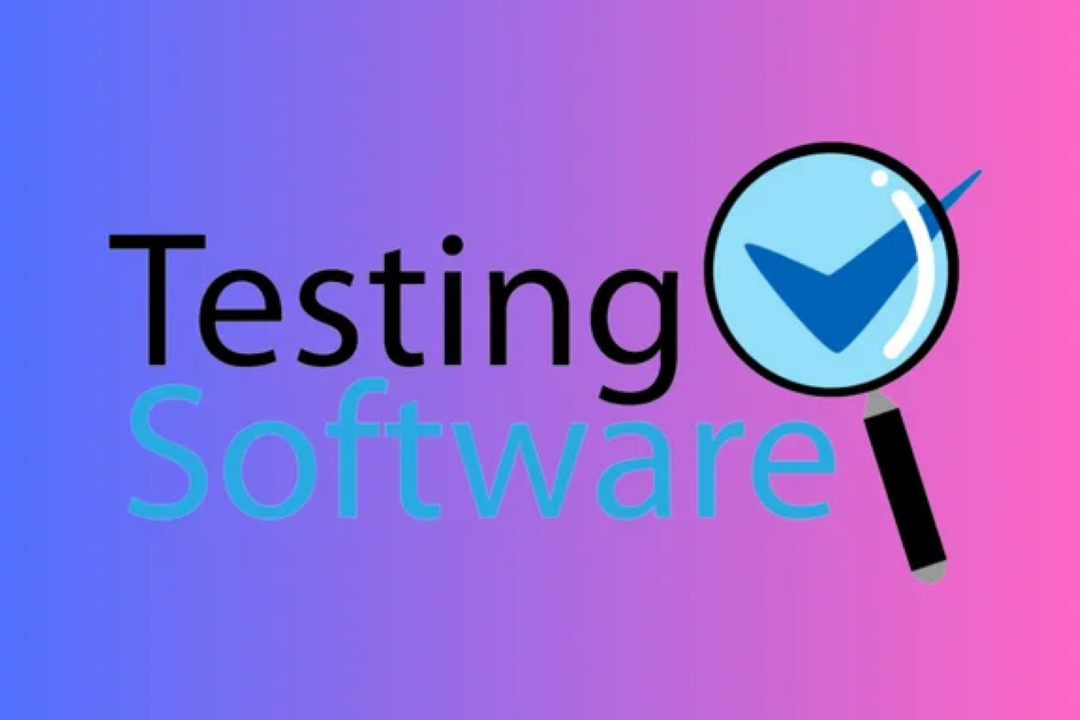5yrs Selenium Interview Questions
Selenium interview questions for candidates with five years of experience typically focus on advance
5yrs Selenium Interview Questions
Selenium interview questions for candidates with five years of experience are essential in assessing advanced skills in automation testing. These questions help gauge a candidate's proficiency in various aspects of the Selenium framework, including handling dynamic web elements, implementing the page object model, and efficiently using Selenium Grid for parallel testing. Furthermore, they evaluate the ability to integrate Selenium with popular testing frameworks like TestNG and JUnit, which is crucial for maintaining robust and scalable test automation frameworks. By exploring real-world scenarios and problem-solving capabilities, these interviews ensure that candidates not only possess technical expertise but also have a practical understanding of optimizing testing processes, leading to more efficient software development cycles.
To Download Our Brochure: https://www.justacademy.co/download-brochure-for-free
Message us for more information: +91 9987184296
Selenium interview questions for candidates with five years of experience are essential in assessing advanced skills in automation testing. These questions help gauge a candidate's proficiency in various aspects of the Selenium framework, including handling dynamic web elements, implementing the page object model, and efficiently using Selenium Grid for parallel testing. Furthermore, they evaluate the ability to integrate Selenium with popular testing frameworks like TestNG and JUnit, which is crucial for maintaining robust and scalable test automation frameworks. By exploring real world scenarios and problem solving capabilities, these interviews ensure that candidates not only possess technical expertise but also have a practical understanding of optimizing testing processes, leading to more efficient software development cycles.
Course Overview
The “5 Years Selenium Interview Questions” course is designed for seasoned professionals seeking to enhance their expertise and prepare effectively for advanced Selenium interviews. This course covers a comprehensive range of topics, including in-depth automation techniques, handling dynamic web elements, implementing the page object model, and utilizing Selenium Grid for parallel execution. Participants will gain access to real-world interview scenarios, best practices for developing scalable test automation frameworks, and insights into integrating Selenium with various testing frameworks like TestNG and JUnit. By engaging with practical examples and expert guidance, candidates will be well-equipped to tackle complex challenges and confidently demonstrate their proficiency in Selenium during the interview process.
Course Description
The “5 Years Selenium Interview Questions” course is meticulously crafted for experienced automation testers aiming to excel in their job interviews. This course encompasses a comprehensive set of interview questions and scenarios that reflect real-world challenges faced by professionals in the field. Participants will explore key topics such as advanced Selenium features, handling dynamic web elements, implementing design patterns like the Page Object Model, and integrating Selenium with popular testing frameworks. By engaging with practical examples and expert insights, learners will not only deepen their understanding of Selenium but also enhance their problem-solving skills, ensuring they are fully prepared to tackle tough interview questions with confidence and expertise.
Key Features
1 - Comprehensive Tool Coverage: Provides hands-on training with a range of industry-standard testing tools, including Selenium, JIRA, LoadRunner, and TestRail.
2) Practical Exercises: Features real-world exercises and case studies to apply tools in various testing scenarios.
3) Interactive Learning: Includes interactive sessions with industry experts for personalized feedback and guidance.
4) Detailed Tutorials: Offers extensive tutorials and documentation on tool functionalities and best practices.
5) Advanced Techniques: Covers both fundamental and advanced techniques for using testing tools effectively.
6) Data Visualization: Integrates tools for visualizing test metrics and results, enhancing data interpretation and decision-making.
7) Tool Integration: Teaches how to integrate testing tools into the software development lifecycle for streamlined workflows.
8) Project-Based Learning: Focuses on project-based learning to build practical skills and create a portfolio of completed tasks.
9) Career Support: Provides resources and support for applying learned skills to real-world job scenarios, including resume building and interview preparation.
10) Up-to-Date Content: Ensures that course materials reflect the latest industry standards and tool updates.
Benefits of taking our course
Functional Tools
1 - Selenium WebDriver
Selenium WebDriver is the core component of the Selenium suite that allows automation of web applications. It provides a programming interface, and students will learn how to control browser actions through various programming languages such as Java, Python, and C#. Participants will understand how to interact with web elements, perform actions like clicks and keystrokes, and verify the behavior of applications. Mastering WebDriver is essential for writing effective automation scripts.
2) Selenium IDE
Selenium IDE is a user friendly tool that provides a complete integrated development environment for creating and managing Selenium test cases. In this course, students will explore how to record, edit, and debug tests effortlessly. The graphical interface allows newcomers to grasp automation concepts quickly without deep programming knowledge, facilitating a smoother onboarding for beginners and enabling them to transition to more complex automation languages.
3) TestNG
TestNG is a powerful testing framework inspired by JUnit and NUnit. It enhances the testing process with features such as parallel test execution, data driven testing, and annotations for organizing tests. Students will learn how to create and manage test cases efficiently, utilize test configuration, and generate reports that summarize test execution results. Knowledge of TestNG is crucial for robust test management in larger projects.
4) Apache Maven
Apache Maven is a project management tool used for building and managing Java based projects. In this program, participants will be introduced to Maven's capabilities, including dependency management and build lifecycle management. They will learn how to define project structure, automate builds, and manage external libraries, which instills a strong understanding of project organization and streamlines the automation process.
5) Cucumber
Cucumber is a popular tool for Behavior Driven Development (BDD) that encourages collaboration between developers, QA, and non technical stakeholders. Students will learn to write tests in a natural language format, enhancing communication and understanding of requirements. This course covers how to integrate Cucumber with Selenium WebDriver to create readable test scenarios, making automation efforts more aligned with business objectives and user experiences.
6) Git
Git is a widely used version control system that allows teams to collaborate on code while tracking changes. Students will learn the basics of Git, including branching, merging, and repository management, to enhance their workflow in collaborative settings. Understanding Git is vital for maintaining code integrity, managing versions of test scripts, and ensuring a seamless collaboration with other developers and testers in automation projects.
7) Jenkins
Jenkins is an open source automation server that assists in continuous integration and continuous delivery (CI/CD). This course will introduce students to Jenkins' functionalities, enabling them to automate the deployment process of their test suites. Participants will learn how to set up Jenkins jobs, schedule tests, and integrate testing into the development pipeline, ensuring that tests run seamlessly with each code change to maintain high software quality.
By covering these essential tools, the “5 Years Selenium Interview Questions” course equips students with a well rounded skill set necessary for succeeding in automation testing roles. Each tool is instrumental in fostering a comprehensive understanding of automation processes and best practices, preparing participants for real world challenges in their careers.
Certainly! Here are additional insights and details for each tool that can be integrated into the course to provide a more in depth understanding for students:
1 - Selenium WebDriver
Locator Strategies: Explore various locator strategies such as ID, Name, Class Name, Link Text, Partial Link Text, Tag Name, and XPath for pinpointing web elements.
Wait Mechanisms: Understand implicit and explicit waits for handling dynamic content, ensuring that tests run smoothly even with varying load times.
Headless Browsers: Learn about running tests in headless mode using browsers like Chrome and Firefox to enhance execution speed in CI/CD environments.
2) Selenium IDE
Test Case Management: Discover how to manage test suites and cases effectively, allowing for organized testing strategies.
Exporting Tests: Learn how to export recorded tests into various coding languages, enabling users to transition from GUI to code based automation easily.
Plugins and Extensions: Explore additional plugins that enhance the functionality of Selenium IDE, tailoring it to specific testing needs.
3) TestNG
Annotations: Dive into annotations like @BeforeClass, @AfterClass, @DataProvider, and others to customize the testing flow and improve test design.
Parameterization: Implement test parameterization through TestNG to run the same test with multiple data sets, promoting data driven testing practices.
Reporting: Understand built in reporting features and how to customize reports for clearer insights into test results and failures.
4) Apache Maven
POM File: Learn about the Project Object Model (POM) file and its various elements like dependencies, build settings, and plugins which facilitate a smooth build process.
Lifecycle Phases: Understand the Maven build lifecycle, including compile, test, package, and install phases to streamline project builds.
Dependency Scope: Explore different scopes of dependencies (compile, provided, runtime, test, and system) to better manage project requirements.
5) Cucumber
Feature Files: Delve into crafting feature files that describe the feature being tested in Gherkin syntax, which helps in both developing and understanding requirements.
Step Definitions: Learn how to connect feature files to Java methods, bridging the gap between business language and automation scripts.
Hooks: Understand the use of hooks (Before and After) for setting up preconditions and postconditions for test scenarios.
6) Git
Branching Strategies: Explore different branching strategies such as Git Flow and feature branches to enhance collaboration and workflow management.
Pull Requests: Understand the importance of pull requests for code reviews and feedback in collaborative environments.
Rebasing vs. Merging: Learn the differences between rebasing and merging, providing clarity on when to use each approach in version control.
7) Jenkins
Pipeline as Code: Discover Jenkins pipelines and how to define them using Jenkinsfile, enabling continuous integration through code.
Plugins: Explore various Jenkins plugins that enhance functionality, such as those for integrating with Selenium, Git, and Docker.
Build Triggers: Learn about various build triggers such as polling SCM or webhook triggers to automate the testing process effectively.
Overall, these additional points will deepen the participants' knowledge and skills, making them well rounded in automation testing and more prepared for interviews and real world applications. Integrating hands on projects and real time scenarios into the course will further enhance the learning experience by providing practical applications of these tools.
Browse our course links : https://www.justacademy.co/all-courses
To Join our FREE DEMO Session: Click Here
This information is sourced from JustAcademy
Contact Info:
Roshan Chaturvedi
Message us on Whatsapp: +91 9987184296
Email id: info@justacademy.co











